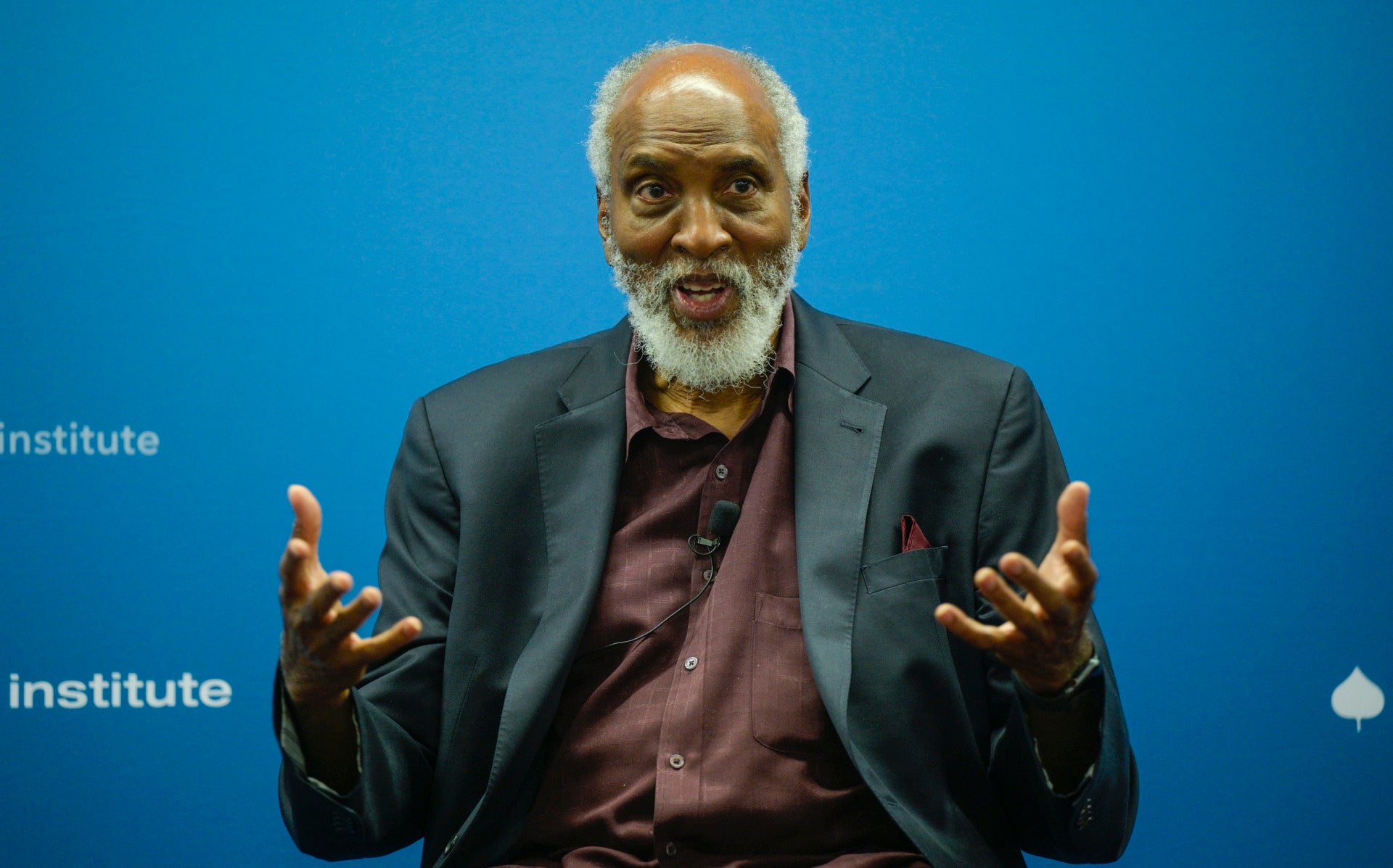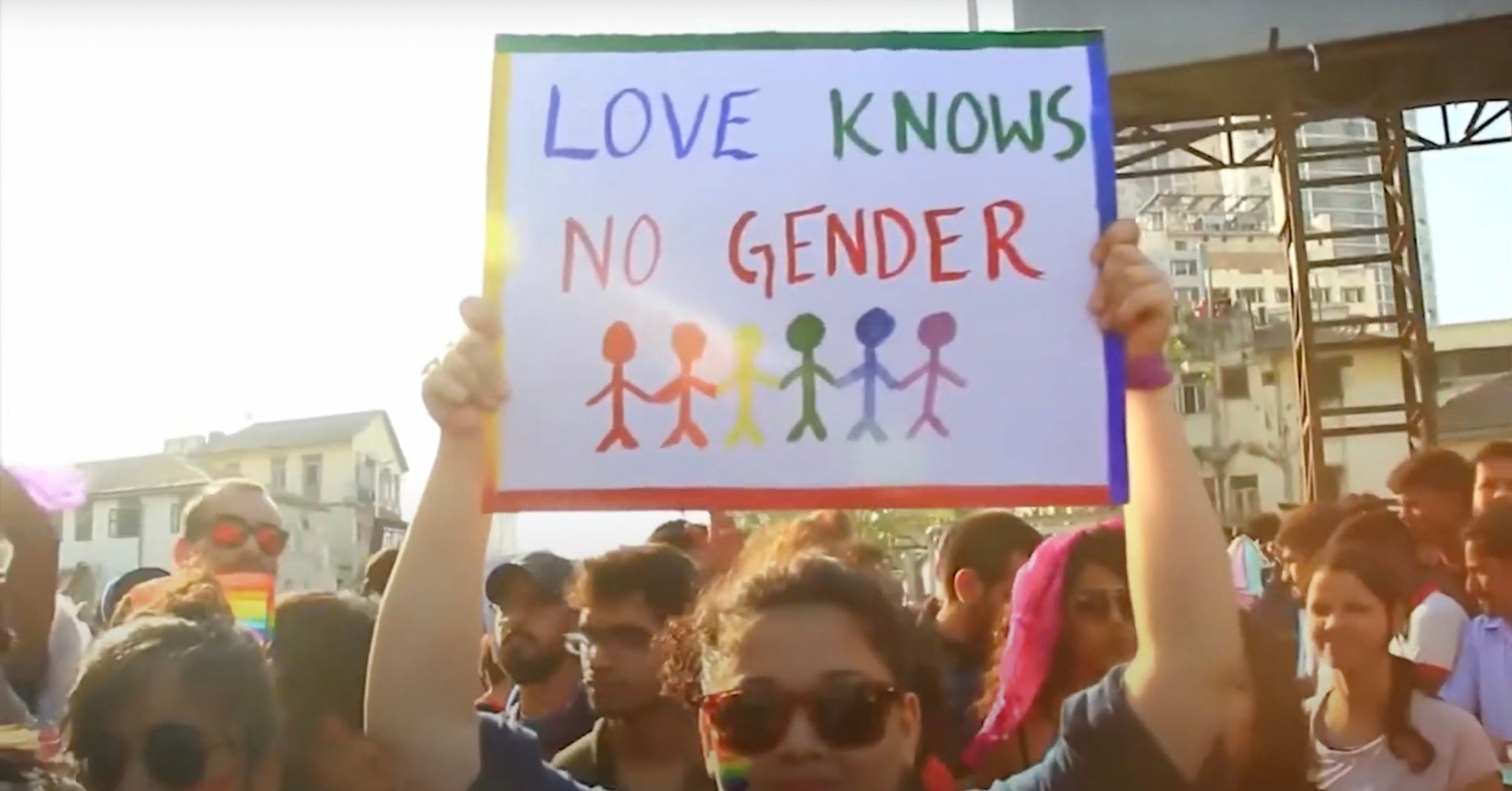As COVID-19 spreads rapidly across the US, we don’t know yet what the final human and financial toll will be.
Yet one thing is certain: how we respond to today’s challenges will determine who we are tomorrow. COVID-19 has exposed a broken underbelly of inequity, insecurity, and vulnerability. Whether or not we face these societal demons head-on will define America in the aftermath of this pandemic.
COVID-19-related school closures highlight widespread food insecurity, lack of affordable child care, and uneven access to broadband. Shuttered schools endanger 22 million children depending on school lunch assistance and put educational goals at risk for all students.
Few Americans can withstand long-term business closures; 78 percent of Americans live paycheck to paycheck, 36 percent work in the gig economy, and 59 percent work hourly. Those with the option to work face trade-offs between economic survival and their own and the public’s safety.
Social distancing, appropriately designed to protect the public’s health, exacerbates loneliness. Already three out five Americans—many of whom are elderly—struggle with isolation and greater risks of health complications and mortality. Protecting their health now increases their long-term risks.
The urgent need for rapid testing and looming hospital bed and equipment shortages reveal instability in the healthcare system. Before COVID-19, many uninsured and underinsured Americans faced healthcare access and cost problems. Now, their lack of access to testing and treatment will put everyone’s health at risk.
The COVID-19 crisis creates a set of choices for us all—to respond to these hardships with grace and abundance or to look away while we wait for some familiar normalcy to return.
We have faced similar choices throughout history.
In the early days of the HIV epidemic, many refused to care for patients. Others, like Surgeon General C. Everett Koop, chose to step away from entrenched religious dogma to enable life-saving care for an ostracized population. These brave and compassionate choices changed HIV from a death sentence to a chronic disease.
In World War II, Japanese-Americans internment camps were a triumph of racism and xenophobia. At the same time, the Greatest Generation who fought that war left a legacy of civic duty, anti-isolationism, and social mobility.
On September 11, 2001, Islamophobia spiked even as individuals from all faiths flocked to Ground Zero and blood donation centers to save the lives of complete strangers.
We have already seen some of the worst responses to COVID-19: racism against Asian Americans, panic buying, and self-quarantine violations for the sake of personal pleasure. When Americans turn a blind eye to social crises, profit off others’ misery, or put their own desires ahead of their community’s health, we choose a bleak, bitter future.
However, we have also seen actions that can put us on a better path.
Food from canceled galas is being rerouted to thousands of hungry Americans. Party hosts are foregoing refunds to allow vendors to pay staff. Grassroots volunteers are systematically providing supplies and support to elderly and vulnerable neighbors. People across social media are offering to help others who need food.
States and municipalities have established programs to feed kids who depend on school-lunch assistance. Despite business slowdowns, large corporations are offering employee protections, paid sick time, and helping address digital disparities to enable telework and remote education. Amid medical equipment and protective gear shortages, celebrities are donating money to provide ventilators to hospitals, fashion designer Christian Siriano is repurposing his design team to sew masks for medical professionals, and Rihanna’s Foundation is donating to COVID-19 rapid response efforts globally.
Less visible are everyday examples of people stepping up. Among our own colleagues, an entrepreneur shipped extra masks to a physician practicing in an under-resourced clinic with no way to protect her vulnerable patients. A surgeon developed a free COVID-19 emergency response tool to help businesses and healthcare facilities rapidly assess their preparedness and target their strategic planning. A healthcare CEO quickly disseminated these tools across hundreds of healthcare organizations and mobilized his team to create an app to help patients safely manage and monitor symptoms remotely.
We call on all Americans to do what we do best: put compassion above comfort, action above fear, reality-driven planning over wishful thinking, and innovation above complacency.
Today, that means coming together by staying apart. Wash your hands. Prevent other infectious diseases with flu shots and immunizations. Reschedule non-urgent healthcare services if you can. Support a gig worker by paying them now for services you’ll receive later. Check on others who might be lonely or need encouragement.
Infection rates will get worse before they get better. Calm, collective action and individual sacrifice are our best protections against the worst-case scenario that would make COVID-19 the single greatest loss of human life in America’s history.
As we tackle this crisis, we must also take a pause. On the other side of this pandemic, will we go back to life as it was? Or will we work as a nation to remedy the structural issues that have surfaced?
We cannot turn away from the suffering of our fellow Americans. We must not go back to life as it was. Instead, let’s use this moment as a springboard to create a new, more compassionate normal.
COVID-19 is our defining moment. How we respond even once it has passed will define the soul of our nation.
The authors are all Aspen Institute Health Innovators Fellows:
Deb Gordon, Author, The Health Care Consumer’s Manifesto: How to Get the Most for Your Money
SreyRam Kuy, MD, Surgeon, Baylor College of Medicine
Megan Ranney, MD, Associate Professor of Emergency Medicine, Brown University
Elizabeth Coté, MD, MPA, Chief Mission Officer and Medical Director, MyHealthMath
Kirsten Axelsen, Visiting Fellow, American Enterprise Institute
José Bauermeister, MPH, PhD, Presidential Professor, University of Pennsylvania
Jay Bhatt, DO, MPH
Jung E. Choi, Chief Business & Strategy Officer, Global Blood Therapeutics
Asha S. Collins, PhD
Dale Cook, Co-Founder & CEO, Learn to Live, Inc.
John D. Damon, PhD, Chief Executive Officer, Canopy Children’s Services
Jason Grinstead, CEO, Metasense Analytics
Benson S. Hsu, MD, MBA, FAAP, FCCM, Associate Professor of Pediatrics, University of South Dakota Sanford School of Medicine
Elli Kaplan, Co-Founder & CEO, Neurotrack
Alain Litwin, MD, MPH
Wendy N. Nembhard, PhD, MPH, FACE
Michael B. O’Neil, Jr., Founder, Chief Executive Officer, GetWellNetwork, Inc.
Carmen A. Peralta, MD, MAS Chief Medical Officer Cricket Health
Greg Yap, Partner, Menlo Ventures


